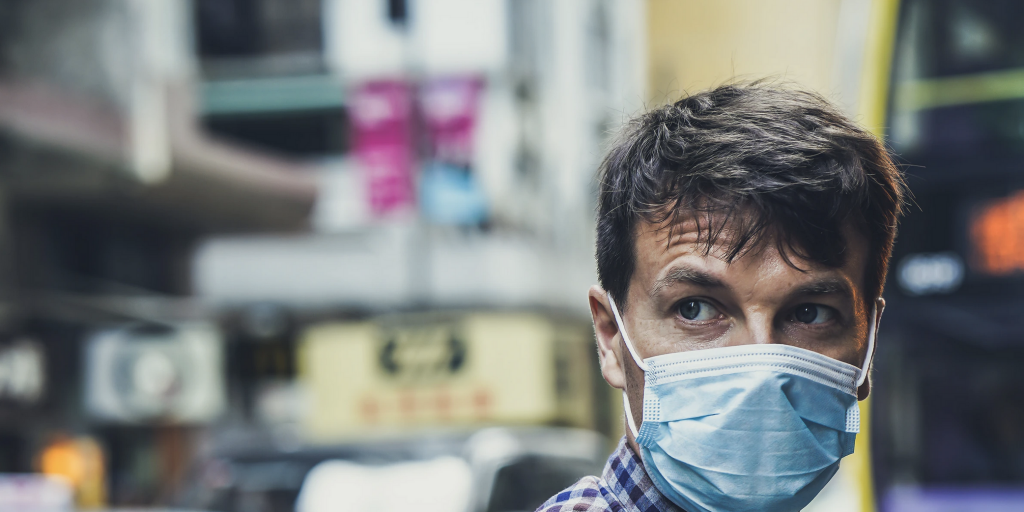Biometrics among pandemic data authorities are using to ramp up surveillance, says AP
Technology created to help fight the COVID-19 pandemic, including facial recognition and other biometric scans, has been adopted by law enforcement around the world as a way to expand surveillance and impinge on civil liberties, according to new findings from The Associated Press.
A major, year-long investigation revealed that globally, police are repurposing the huge amounts of sensitive biometric and personal data that millions of people gave up freely in the early days of the pandemic, believing it would help “flatten the curve” — what AP calls “a firehose of individuals’ private health details, photographs that captured their facial measurements and their home addresses.”
“From Beijing to Jerusalem to Hyderabad, India, and Perth, Australia, The Associated Press has found that authorities used these technologies and data to halt travel for activists and ordinary people, harass marginalized communities and link people’s health information to other surveillance and law enforcement tools,” said the report.
In most places around the globe, the confusion of the early pandemic period has largely subsided. In its wake are hundreds of would-be solutions to the crisis, in the form of contact-tracing apps, personal ID databases, and increased biometric surveillance. The AP’s findings come amid a spike in concern that, with the worst days of the pandemic behind us, this pool of data is at risk of exploitation by authorities.
The evidence is building. In Israel, the AP found, police used pandemic contact tracing tools to send threats to people they suspected of being involved in political clashes. In China, Beijing’s QR code system for monitoring health — green for healthy, red for sick — has been deployed against citizens who register complaints about government, limiting their movement. The U.S. and Australian governments have co-opted personal information surrendered in the name of public health and used it as a springboard to more invasive surveillance practices.
India at the forefront of state surveillance, facial recognition
In Hyderabad, India, nearly 700,000 CCTV security cameras monitor the streets. With a new, $75 million Command and Control Centre that links the cameras to facial databases and artificial intelligence (AI), a police force equipped with facial recognition apps, and investments from Apple and Microsoft — both of which have new data centres in Hyderabad — the city is a hot spot for global surveillance, and an illustration of how widespread technology can be used to tighten control.
An AP report says police have boasted about using AI-enhanced CCTV cameras to hone in on people flaunting mask mandates. Facial recognition has become a key tool for authorities to monitor large public gatherings, as well as minor offenses like traffic violations.
Police Commissioner C.V. Anand told the AP that “if we need to control crime, we need to have surveillance.”
India has been particularly enthusiastic in adopting digital surveillance infrastructure, as Prime Minister Narendra Modi has pushed the Digital India Act to transform the country’s IT and surveillance capabilities, and made ample use of smart policing, facial recognition and other biometric solutions.







